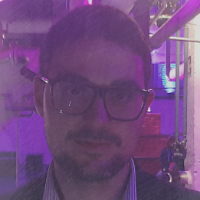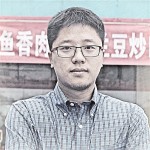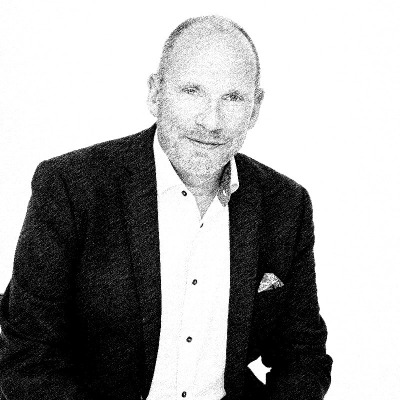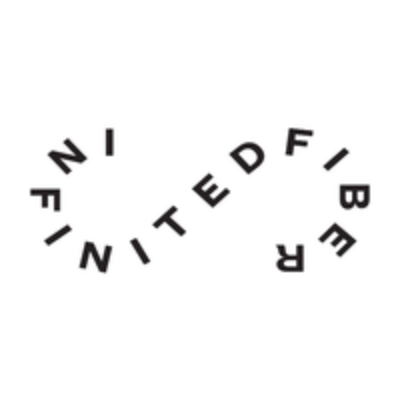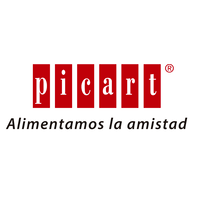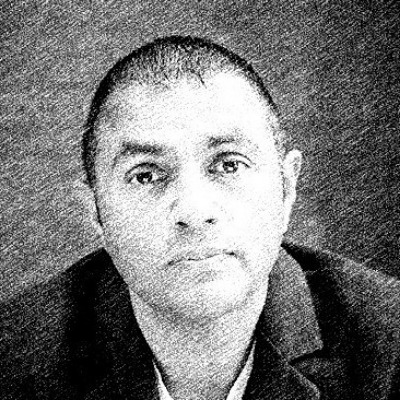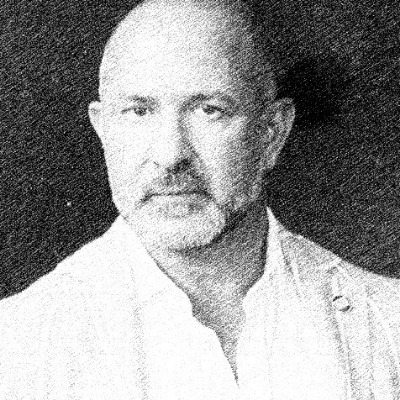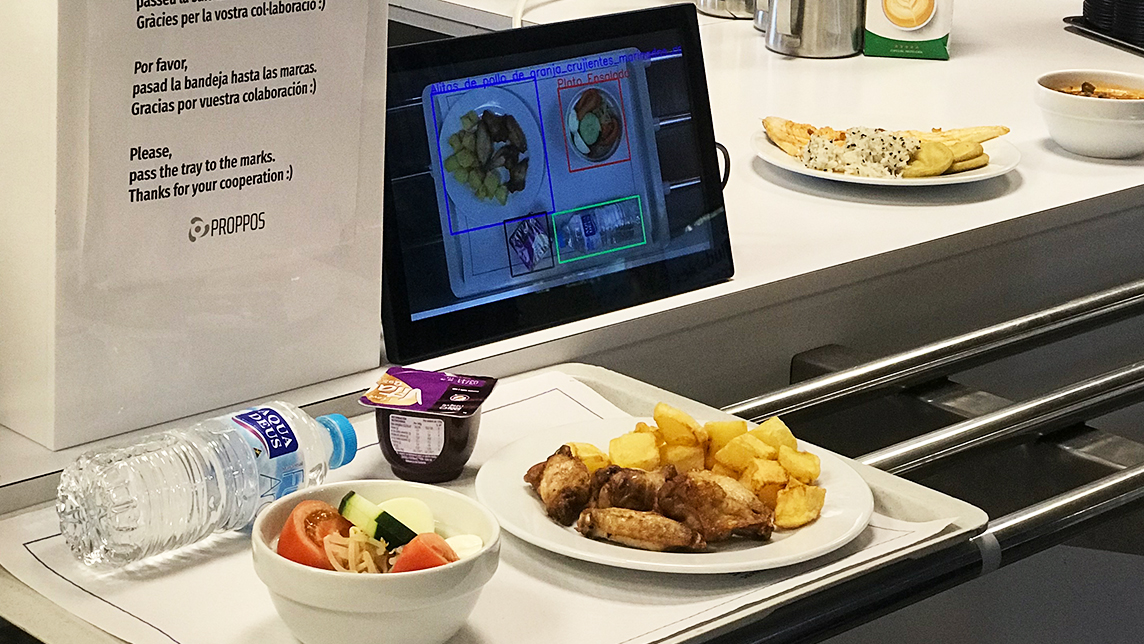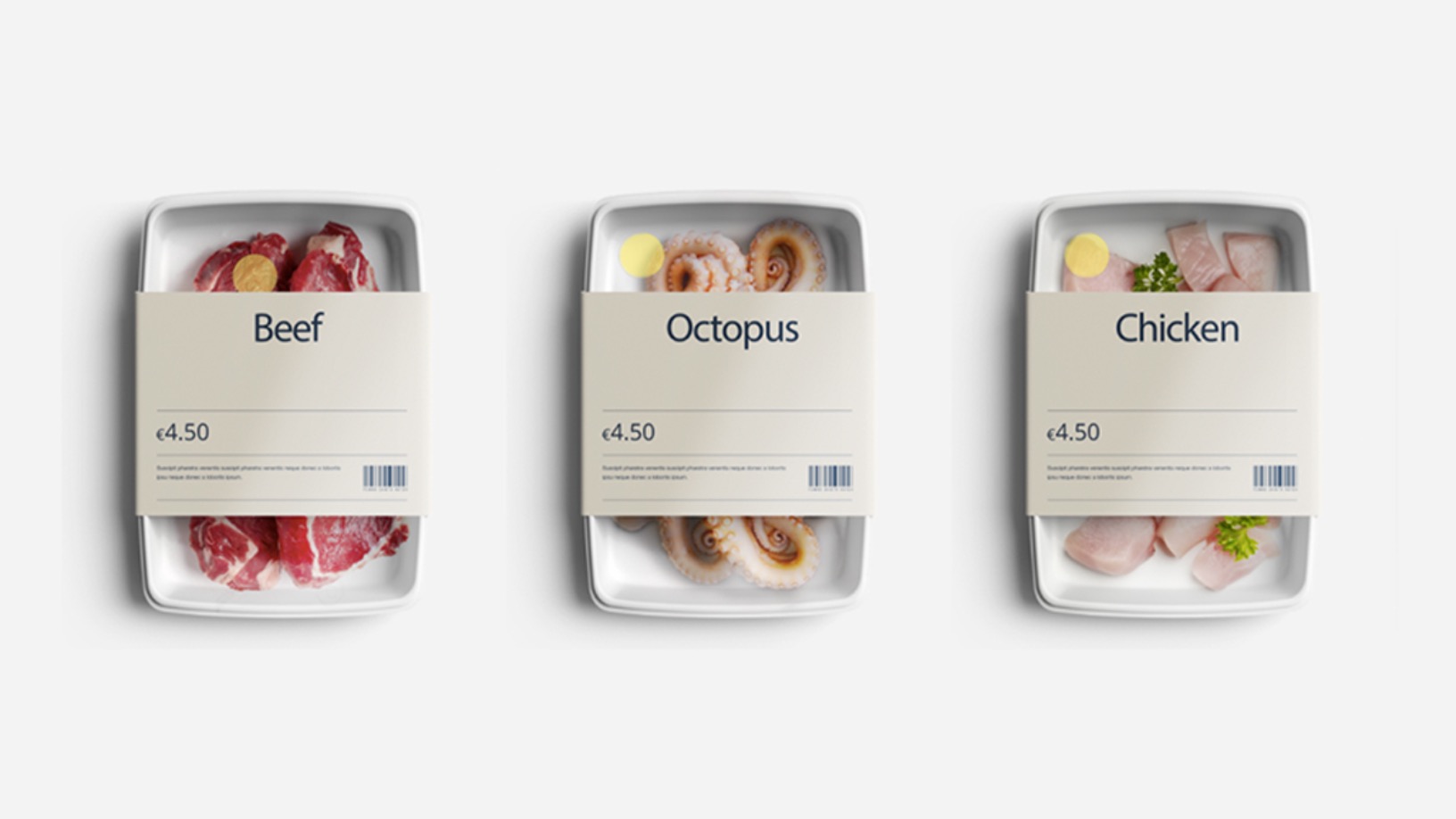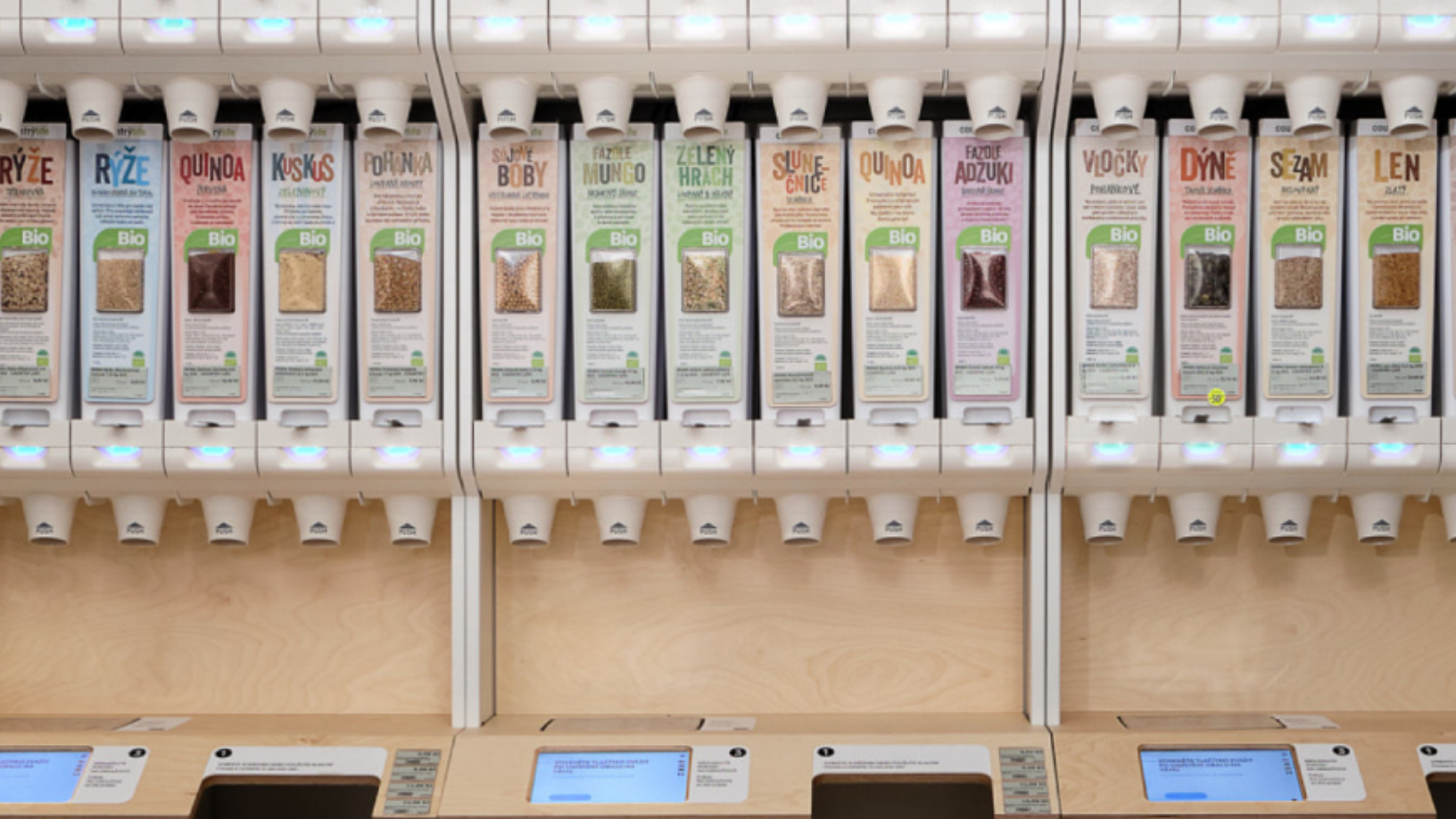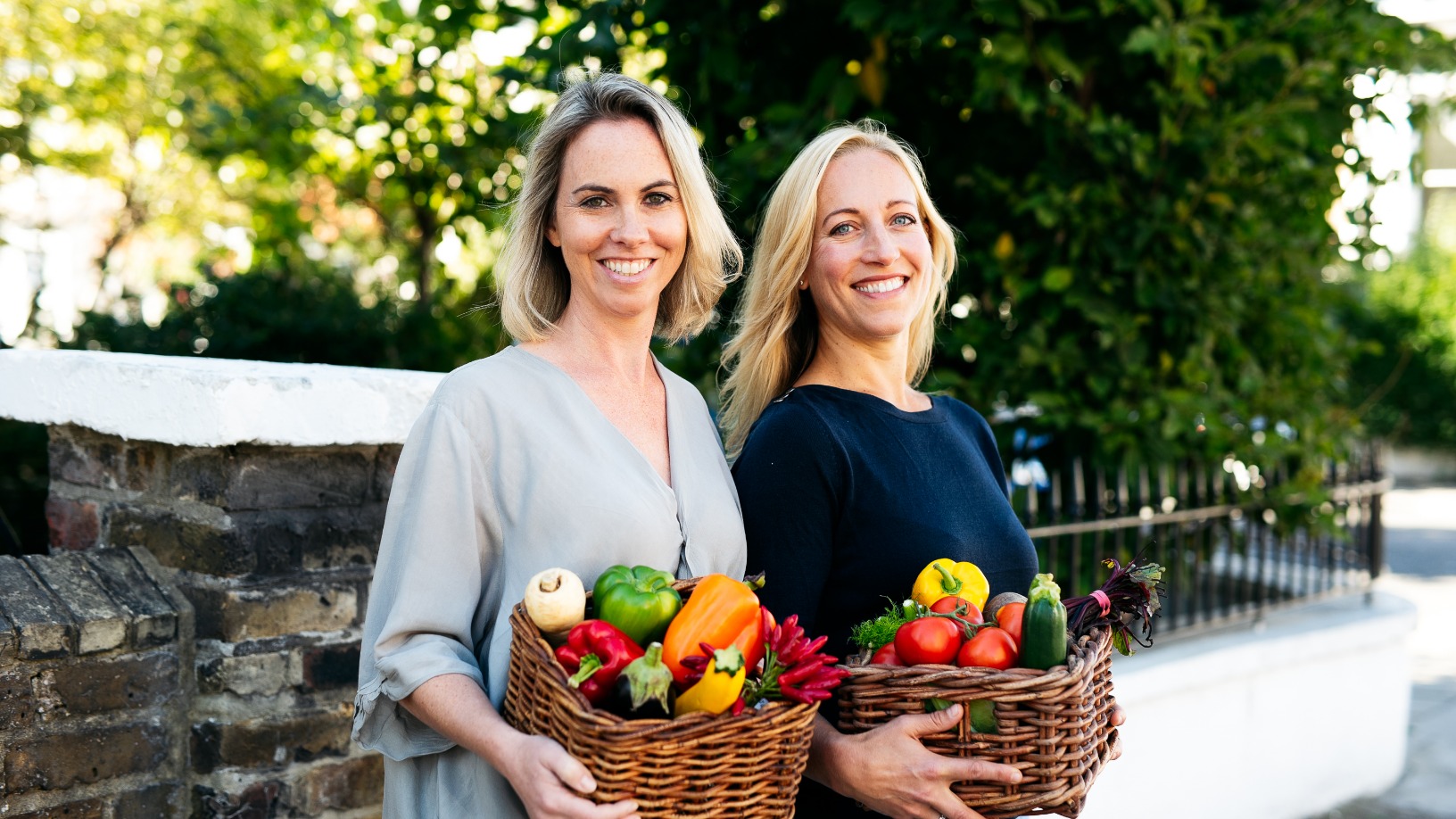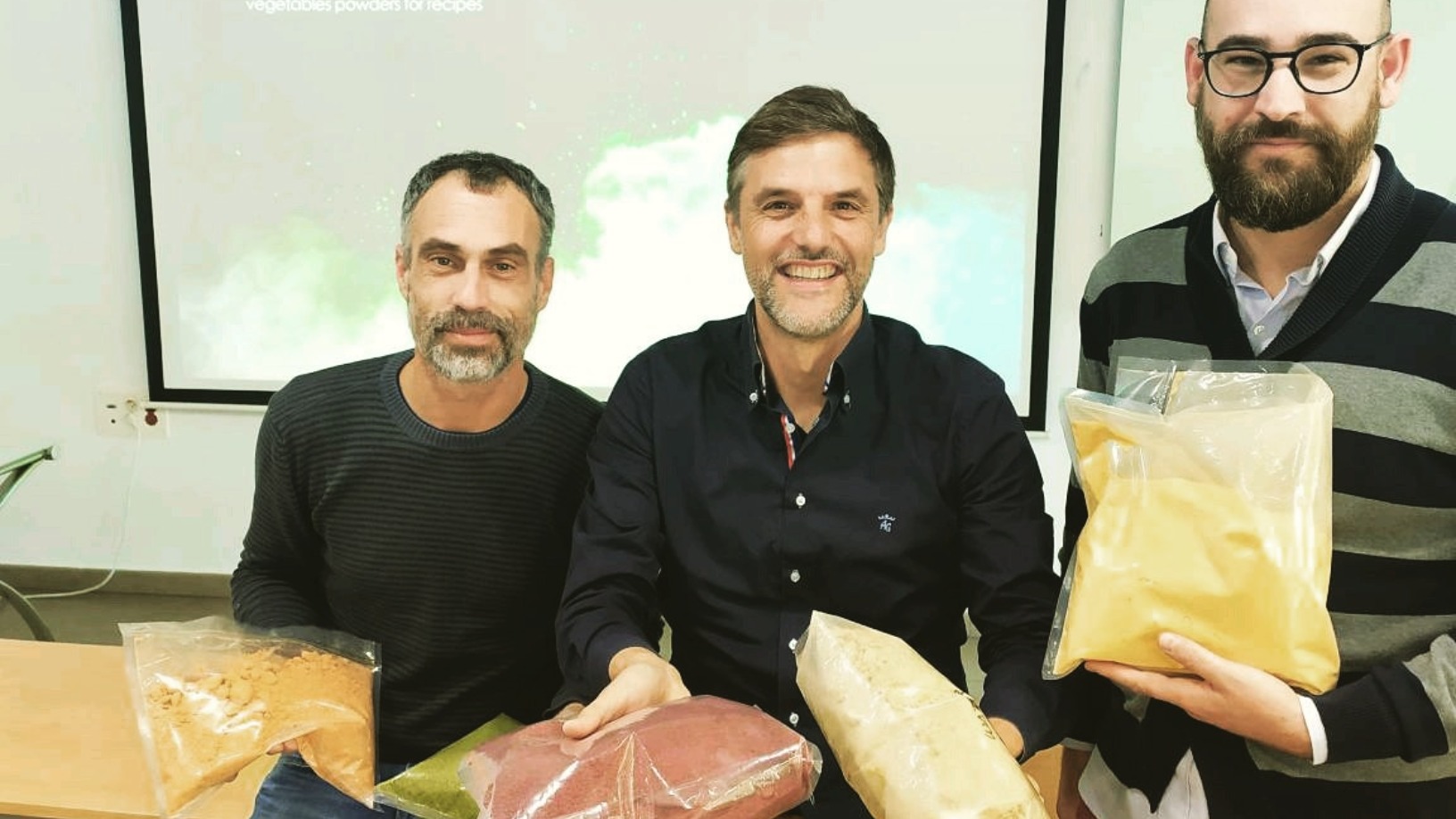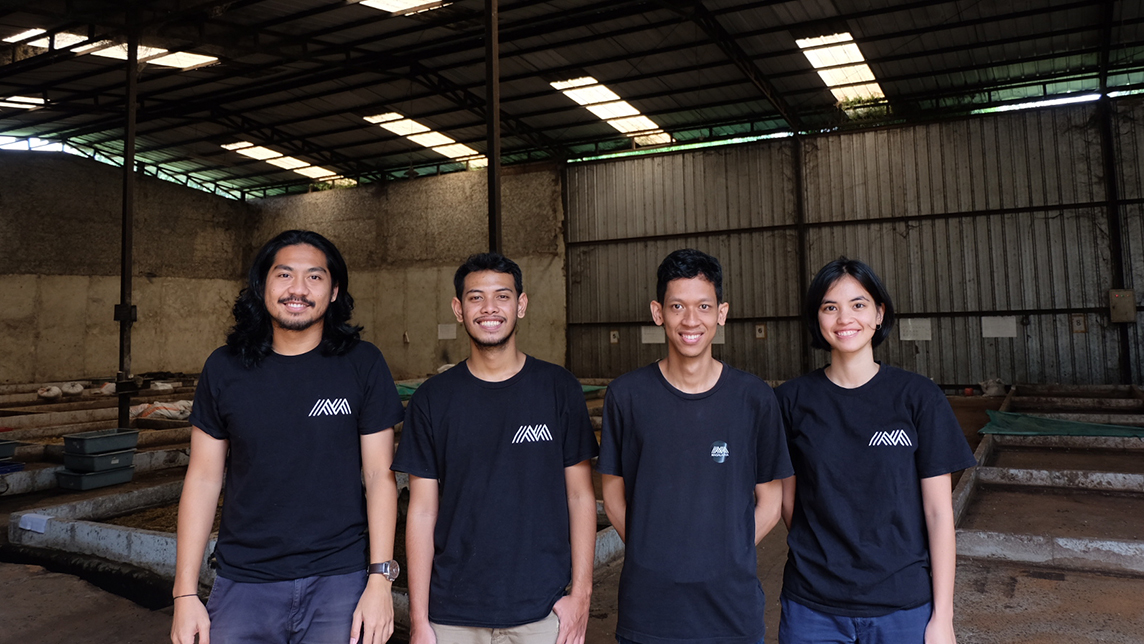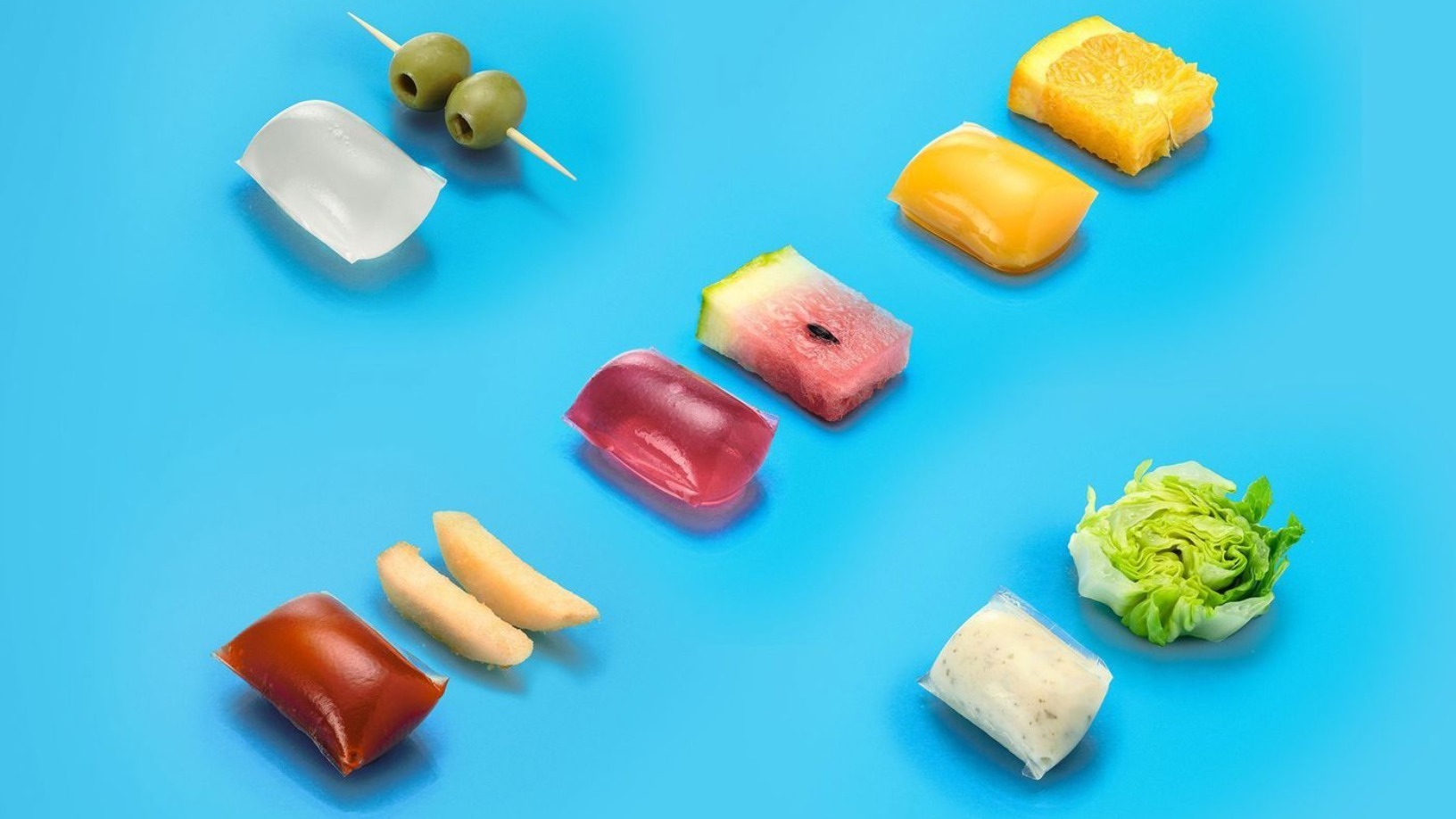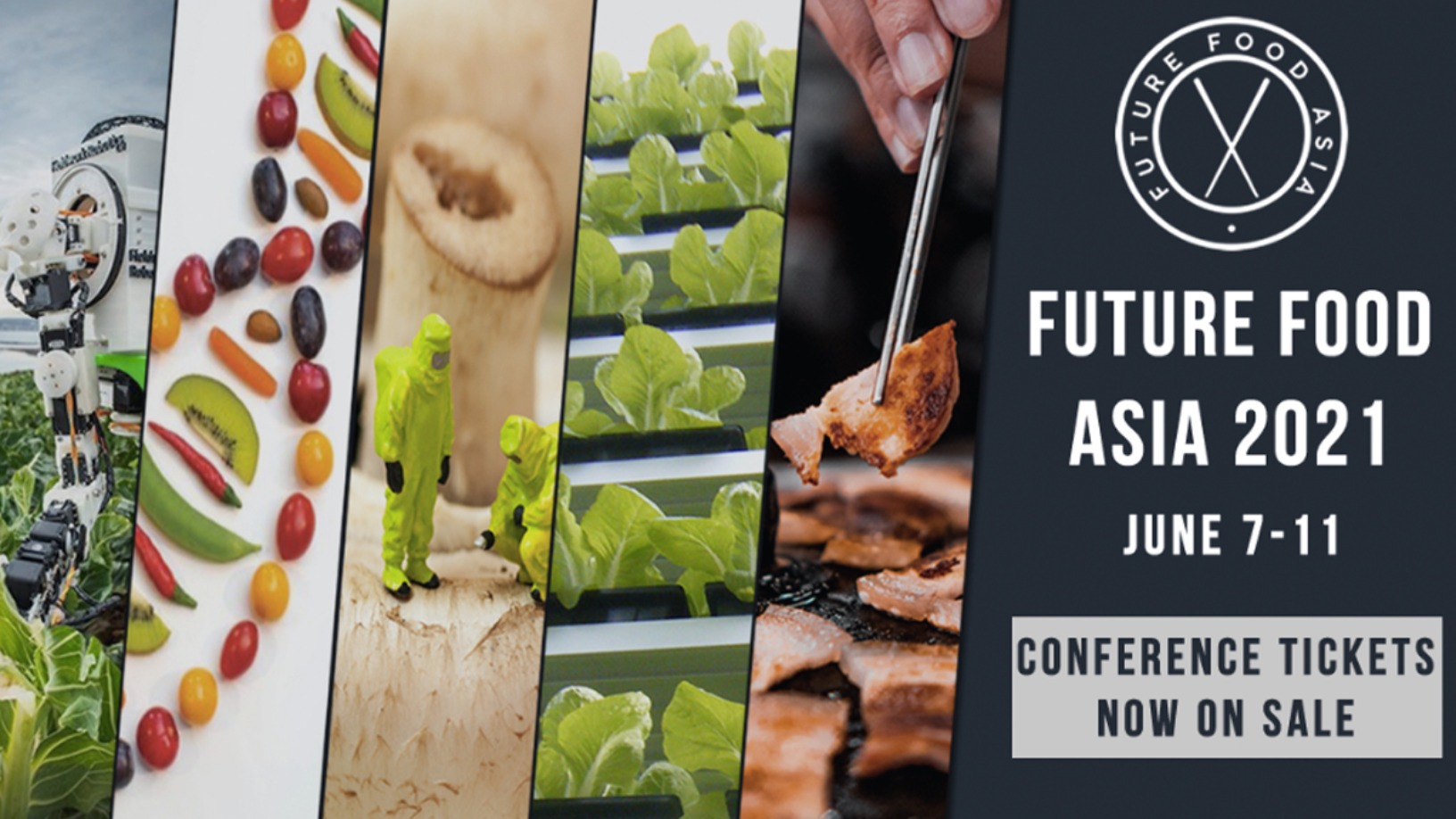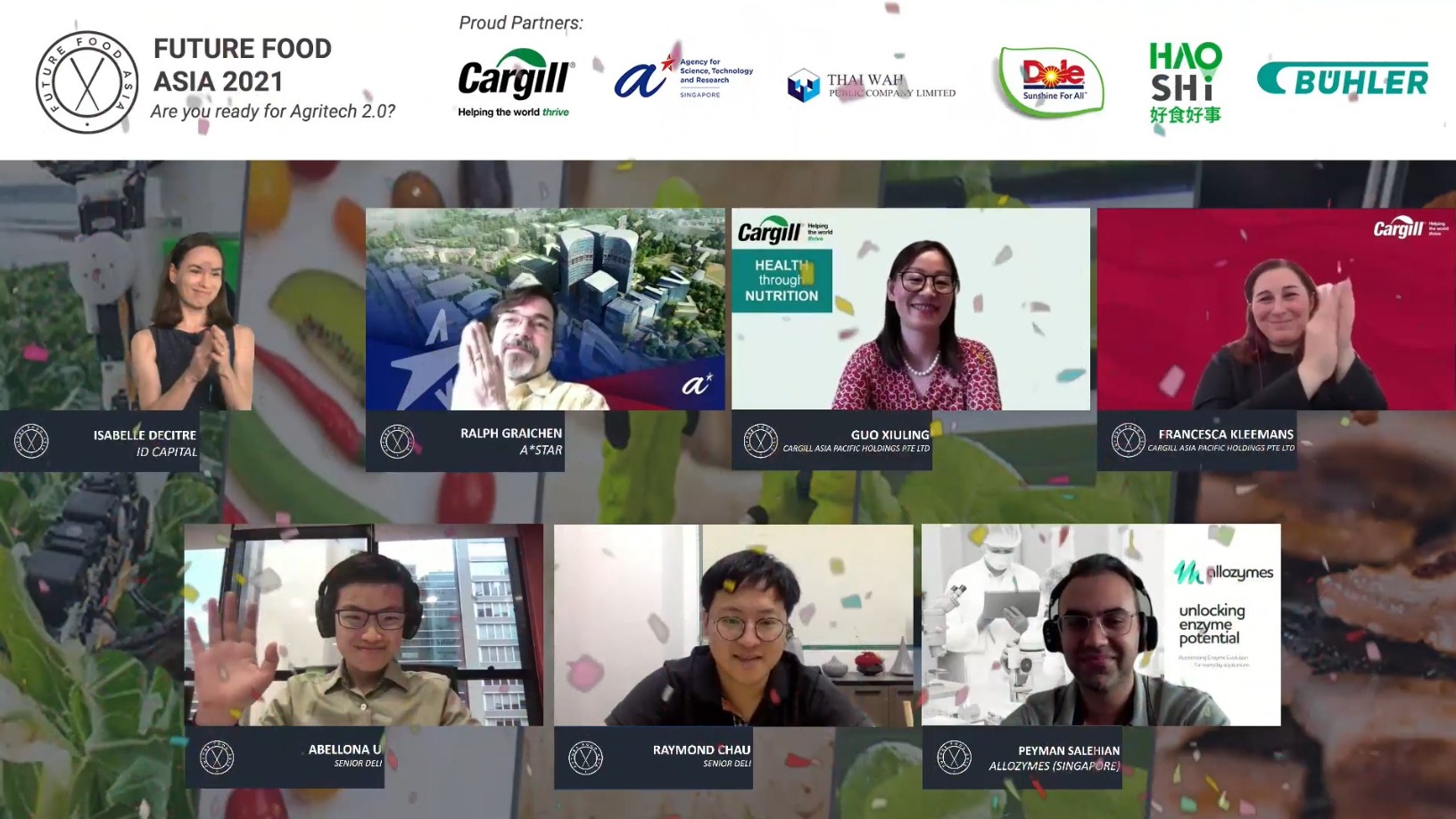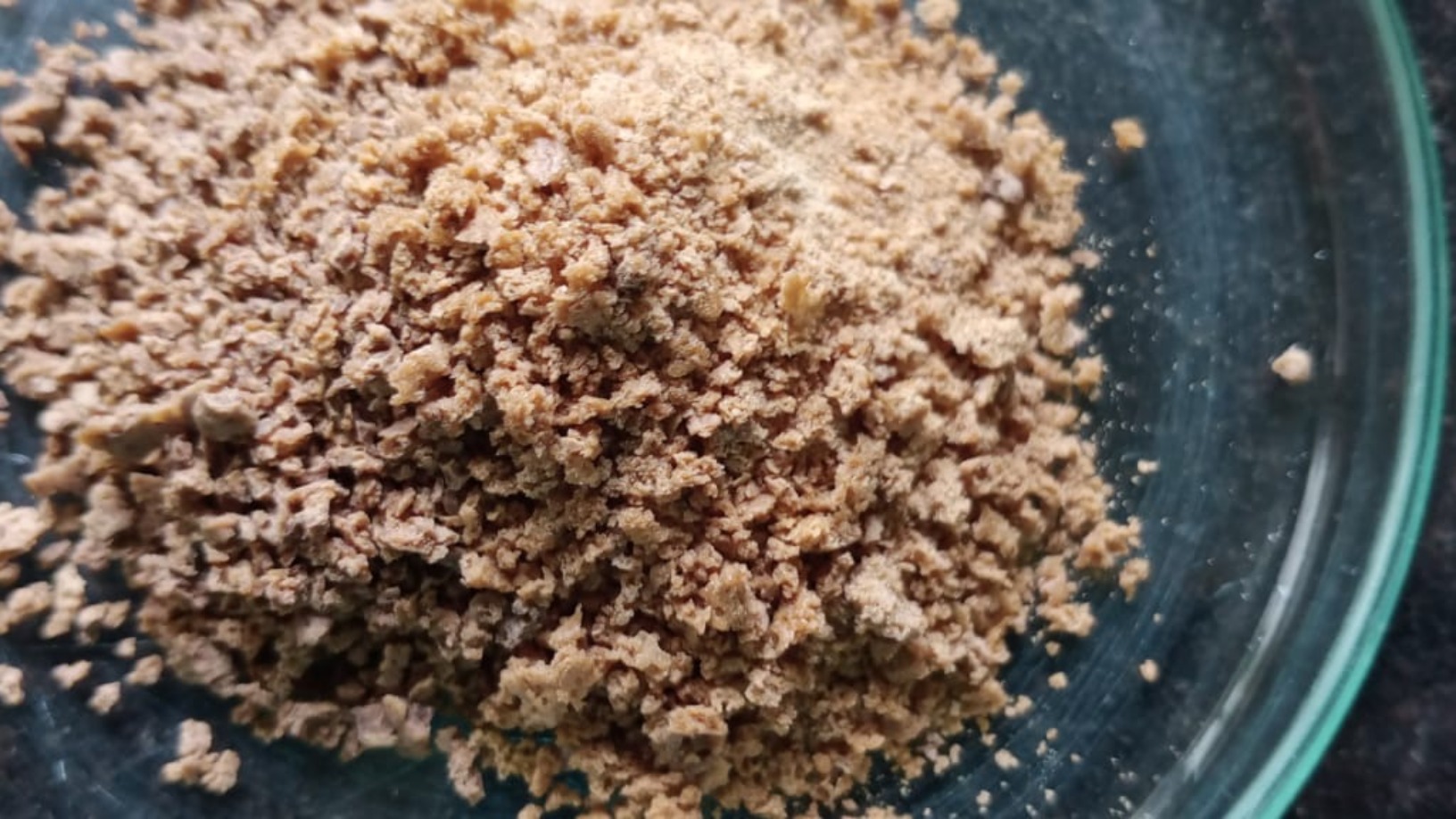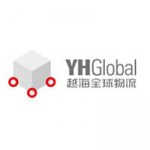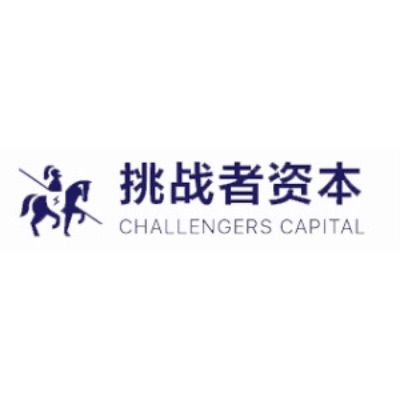Food waste
DATABASE (216)
ARTICLES (320)
Co-founder, CEO of Kibus Petcare
Albert Icart Martori is co-founder and CEO at Kibus Petcare, the first hardware that automatically cooks and dispenses healthy pet food. He has worked there since 2018. Prior to this, he worked at his family's pet food business Picart Petcare as its Head of Sales and Marketing for almost four years. Picart has been in operation since the 1950s and exports to over 25 European countries and other markets. Icart studied a first degree in Business at Barcelona's ESADE business school and is also a member of Europe's largest organization of business leaders Réseau Entreprendre, known as Netmentora in Catalonia.
Albert Icart Martori is co-founder and CEO at Kibus Petcare, the first hardware that automatically cooks and dispenses healthy pet food. He has worked there since 2018. Prior to this, he worked at his family's pet food business Picart Petcare as its Head of Sales and Marketing for almost four years. Picart has been in operation since the 1950s and exports to over 25 European countries and other markets. Icart studied a first degree in Business at Barcelona's ESADE business school and is also a member of Europe's largest organization of business leaders Réseau Entreprendre, known as Netmentora in Catalonia.
CEO and founder of Mycorena
Ramkumar Nair graduated in biotechnology at the Cochin University of Science and Technology in Kerala before going to Sweden for postgrad studies in 2013.During his PhD in industrial biotechnology at the University of Borås, he embarked on a research project to create fungi-based proteins from discarded sidestreams generated by food producers. After extensive research in 2017, he founded Mycorena in Gothenburg to produce mycoproteins using fermentation technology.The startup’s first commercial product, Promyc, is now being sold to global food companies as a more sustainable and nutritional alt-protein compared to traditional plant-based proteins.
Ramkumar Nair graduated in biotechnology at the Cochin University of Science and Technology in Kerala before going to Sweden for postgrad studies in 2013.During his PhD in industrial biotechnology at the University of Borås, he embarked on a research project to create fungi-based proteins from discarded sidestreams generated by food producers. After extensive research in 2017, he founded Mycorena in Gothenburg to produce mycoproteins using fermentation technology.The startup’s first commercial product, Promyc, is now being sold to global food companies as a more sustainable and nutritional alt-protein compared to traditional plant-based proteins.
Founder and CEO of Daojia Meishi (“Daojia”)
Undergrad Tsinghua University (Electronics); EMBA, University of Michigan Ann Arbor. Was senior vice-president of online media company Hurray, and founder of failed yellow pages startup. Later joined Lihua Fast Food, where he became CEO.
Undergrad Tsinghua University (Electronics); EMBA, University of Michigan Ann Arbor. Was senior vice-president of online media company Hurray, and founder of failed yellow pages startup. Later joined Lihua Fast Food, where he became CEO.
Co-founder of Qingnian Caijun (Mr Food)
A graduate of Renmin University, School of Sociology and Population Studies, Huang Chiwei, with his friends, quit his well-paying “real job” to start Mr Food. A first-generation “migrant” in Beijing from the province.
A graduate of Renmin University, School of Sociology and Population Studies, Huang Chiwei, with his friends, quit his well-paying “real job” to start Mr Food. A first-generation “migrant” in Beijing from the province.
Co-founder of Qingnian Caijun (Mr Food)
A graduate of Renmin University, School of Sociology and Population Studies, Ren Mu, with his friends, quit his well-paying “real job” to start Mr Food. A first-generation “migrant” in Beijing from the province.
A graduate of Renmin University, School of Sociology and Population Studies, Ren Mu, with his friends, quit his well-paying “real job” to start Mr Food. A first-generation “migrant” in Beijing from the province.
Co-founder of Qingnian Caijun (Mr Food)
A graduate of Renmin University, School of Sociology and Population Studies, Chen Wen, with his friends, quit his well-paying “real job” to start Mr Food. A first-generation “migrant” in Beijing from the province.
A graduate of Renmin University, School of Sociology and Population Studies, Chen Wen, with his friends, quit his well-paying “real job” to start Mr Food. A first-generation “migrant” in Beijing from the province.
CEO and co-founder of Infinited Fiber
Petri Alava has over 15 years of industry experience in logistics, publishing and waste management. In 1989, he completed a master’s in industrial engineering and started his management career at Finncont Oy, a subsidiary of GWS Group. He went on to work at Rocla Oy in 2001 as managing director of the Rocla Robotruck Group with manufacturing units in Finland and Sweden. He also held senior management roles at Vapo Oy and Kekkilä Oy.In 2015, he became the managing partner of Profon Oy and also co-founded cleantech materials startup Infinited Fiber as CEO. Based in Helsinki, he is also currently chairman of various companies, as well as the CEO of Solid Environmental Technologies.
Petri Alava has over 15 years of industry experience in logistics, publishing and waste management. In 1989, he completed a master’s in industrial engineering and started his management career at Finncont Oy, a subsidiary of GWS Group. He went on to work at Rocla Oy in 2001 as managing director of the Rocla Robotruck Group with manufacturing units in Finland and Sweden. He also held senior management roles at Vapo Oy and Kekkilä Oy.In 2015, he became the managing partner of Profon Oy and also co-founded cleantech materials startup Infinited Fiber as CEO. Based in Helsinki, he is also currently chairman of various companies, as well as the CEO of Solid Environmental Technologies.
Backed by €30m funding and orders from global brands, Finnish cleantech will build flagship factory to scale production of regenerated biodegradable microplastic-free textile fibers.
Backed by €30m funding and orders from global brands, Finnish cleantech will build flagship factory to scale production of regenerated biodegradable microplastic-free textile fibers.
Founded in 1813 as a small grain-trading firm in Arlon, France (now Belgium), Continental Grain Company (CGC) is now headquartered in New York. It has operations in 10 countries and employs over 13,500 people worldwide. Business activities include animal feeds, aquaculture and meat production.Besides interests in the food, agribusiness and commodities sectors, CGC also manages different asset classes like private equity, listed securities and venture capital. Its investment portfolio includes more than 30 food and agribusiness companies, ranging from early-stage ventures to established market leaders across the US, China and Latin America.CGC Asia mainly invests in feed milling, animal husbandry, meat production and processing businesses in the region. Direct investments are made through Continental Capital Limited in China, focusing on high‐growth food and agribusiness firms.
Founded in 1813 as a small grain-trading firm in Arlon, France (now Belgium), Continental Grain Company (CGC) is now headquartered in New York. It has operations in 10 countries and employs over 13,500 people worldwide. Business activities include animal feeds, aquaculture and meat production.Besides interests in the food, agribusiness and commodities sectors, CGC also manages different asset classes like private equity, listed securities and venture capital. Its investment portfolio includes more than 30 food and agribusiness companies, ranging from early-stage ventures to established market leaders across the US, China and Latin America.CGC Asia mainly invests in feed milling, animal husbandry, meat production and processing businesses in the region. Direct investments are made through Continental Capital Limited in China, focusing on high‐growth food and agribusiness firms.
Co-founder of EatTasty
E-commerce specialist Orlando Lopes held various positions at women’s accessories brand Parfois, before joining marketing and advertising agency BySide as an account manager. At BySide, he met Rui Costa, and the two eventually co-founded food delivery startup EatTasty.
E-commerce specialist Orlando Lopes held various positions at women’s accessories brand Parfois, before joining marketing and advertising agency BySide as an account manager. At BySide, he met Rui Costa, and the two eventually co-founded food delivery startup EatTasty.
Picart Petcare is the family business of Albert Icart Martori, co-founder of Kibus Petcare. It has been in operation since 1953 and is based in Barcelona. Not usually an investor in tech or startups, it has invested solely in healthy pet food preparation hardware startup Kibus with a pre-seed investment of €120,000 in 1Q 2019. Picart distributes pet food and animal feed in more than 25 European and Middle Eastern markets and is set to be a key distributor of Kibus' hardware.
Picart Petcare is the family business of Albert Icart Martori, co-founder of Kibus Petcare. It has been in operation since 1953 and is based in Barcelona. Not usually an investor in tech or startups, it has invested solely in healthy pet food preparation hardware startup Kibus with a pre-seed investment of €120,000 in 1Q 2019. Picart distributes pet food and animal feed in more than 25 European and Middle Eastern markets and is set to be a key distributor of Kibus' hardware.
Waheed Ali became a Labour life peer and Baron of Norbury at aged 33, the youngest to join the House of Lords in 1998. He is also one of the few openly gay Muslim politicians in the world and a gay rights activist. Waheed Ali left school and started work in financial research at the age of 16 to support his mother and siblings. He moved on to a media career by co-founding an independent television company Planet 24 with Bob Geldof during the 1990s, pioneering TV reality shows like Survivor. Planet 24 was sold to ITV franchisee Carlton Communications in 1999 for £15m. He also backed Elizabeth Murdoch’s TV production company Shine that was sold to her father, Rupert Murdoch’s media group, 21st Century Fox. Of Guyana and Trinidad descent, the well-known British media tycoon is also a businessman and investor. In 2011, he lost millions by investing in loss-making Chorion that owned the Agatha Christie literary rights. He formed a television production company Silvergate Media to acquire the rights to several Chorion TV series like Beatrix Potter. As an investor, he became the chairman of online fashion marketplace ASOS for 12 years until 2012. He later founded the “ASOS of India,” Koovs that was listed in London in 2014. Most recently, he joined the Series B funding round of London-based zero-food-waste app OLIO in September 2021.
Waheed Ali became a Labour life peer and Baron of Norbury at aged 33, the youngest to join the House of Lords in 1998. He is also one of the few openly gay Muslim politicians in the world and a gay rights activist. Waheed Ali left school and started work in financial research at the age of 16 to support his mother and siblings. He moved on to a media career by co-founding an independent television company Planet 24 with Bob Geldof during the 1990s, pioneering TV reality shows like Survivor. Planet 24 was sold to ITV franchisee Carlton Communications in 1999 for £15m. He also backed Elizabeth Murdoch’s TV production company Shine that was sold to her father, Rupert Murdoch’s media group, 21st Century Fox. Of Guyana and Trinidad descent, the well-known British media tycoon is also a businessman and investor. In 2011, he lost millions by investing in loss-making Chorion that owned the Agatha Christie literary rights. He formed a television production company Silvergate Media to acquire the rights to several Chorion TV series like Beatrix Potter. As an investor, he became the chairman of online fashion marketplace ASOS for 12 years until 2012. He later founded the “ASOS of India,” Koovs that was listed in London in 2014. Most recently, he joined the Series B funding round of London-based zero-food-waste app OLIO in September 2021.
CEO and Co-founder of Plastic Bank
David Katz is the Canadian co-founder, president and CEO of Plastic Bank, a-first-of-a-kind social enterprise startup that monetizes plastic waste collection for some of the world’s poorest communities. Katz was inspired by a university seminar about recycling plastic waste in 2013 and founded Plastic Bank with CTO and brand strategist Shaun Frankson in Vancouver.In 2019, he became a fellow for the Unreasonable Group’s Impact Hub in Vancouver, an organization that supports social and environmental entrepreneurship. In 2011, he also founded Vancouver’s Core Values Institute, a consulting and global thought leadership platform for entrepreneurs.In 2014, he was also president of Vancouver’s chapter of the Entrepreneurs Organization for one year. He was named Global Citizen of the Year in 2014 by the international organization that has a network of over 10,000 business owners in 131 chapters across 40 countries. He also won the 2017 UN Lighthouse award for Planetary Health and Plastic Bank received the Paris COP21 Climate Conference Sustania Community Award in 2015.Katz completed a diploma in Hospitality Administration & Management at the British Columbia Institute of Technology in 1991 and started his own business in 1992 as founder and CEO of Nero Alarms. From 2005 to 2014, Katz worked full-time as the founder and president of Nero Global Tracking, a SaaS platform created to monitor the operations of mobile service vehicles. Nero SaaS is used in many Canadian cities and by the nation’s Defence Ministry. The company is now part of Vecima Networks Inc.
David Katz is the Canadian co-founder, president and CEO of Plastic Bank, a-first-of-a-kind social enterprise startup that monetizes plastic waste collection for some of the world’s poorest communities. Katz was inspired by a university seminar about recycling plastic waste in 2013 and founded Plastic Bank with CTO and brand strategist Shaun Frankson in Vancouver.In 2019, he became a fellow for the Unreasonable Group’s Impact Hub in Vancouver, an organization that supports social and environmental entrepreneurship. In 2011, he also founded Vancouver’s Core Values Institute, a consulting and global thought leadership platform for entrepreneurs.In 2014, he was also president of Vancouver’s chapter of the Entrepreneurs Organization for one year. He was named Global Citizen of the Year in 2014 by the international organization that has a network of over 10,000 business owners in 131 chapters across 40 countries. He also won the 2017 UN Lighthouse award for Planetary Health and Plastic Bank received the Paris COP21 Climate Conference Sustania Community Award in 2015.Katz completed a diploma in Hospitality Administration & Management at the British Columbia Institute of Technology in 1991 and started his own business in 1992 as founder and CEO of Nero Alarms. From 2005 to 2014, Katz worked full-time as the founder and president of Nero Global Tracking, a SaaS platform created to monitor the operations of mobile service vehicles. Nero SaaS is used in many Canadian cities and by the nation’s Defence Ministry. The company is now part of Vecima Networks Inc.
Co-founder of Jimaisong
Former co-founder of Nasdaq-listed eFuture Zou Hongjun helped built the supply chain IT systems of over 50% of China’s top 100 chain-store enterprises. The Chongqing University graduate also has years of experience in fresh food e-commerce.
Former co-founder of Nasdaq-listed eFuture Zou Hongjun helped built the supply chain IT systems of over 50% of China’s top 100 chain-store enterprises. The Chongqing University graduate also has years of experience in fresh food e-commerce.
Based in the municipality of Falkenburg, the Bertebos Foundation was founded in 1994 by Olof and Brita Stenström to promote education and scientific research in the food industry. The family-run foundation holds 30% shares in the family business Bertegruppen AB. The group’s food brand portfolio includes producer of ice-cream and sorbets SIA Glass and Berte Qvarn that runs a dairy farm, flour mill and bakery.
Based in the municipality of Falkenburg, the Bertebos Foundation was founded in 1994 by Olof and Brita Stenström to promote education and scientific research in the food industry. The family-run foundation holds 30% shares in the family business Bertegruppen AB. The group’s food brand portfolio includes producer of ice-cream and sorbets SIA Glass and Berte Qvarn that runs a dairy farm, flour mill and bakery.
Proppos FastPay: Reducing food waste through food recognition tech for restaurants
In a market with few competitors, SaaS startup Proppos FastPay brings operational efficiency to the food services industry with self-checkout machines
Oscillum: The intelligent label to reduce food waste
The Spanish biotech startup has developed sensors embedded in biodegradable plastic labels to monitor “product freshness” beyond expiration dates, helping consumers to avoid food waste and save money
Clear Plate: Anti-food waste AI that rewards the diners who finish their food
Taking little steps to make a big difference in fighting food waste, Clear Plate engages with digital natives to spread the message
MIWA Technologies: Reducing food waste and packaging with smart refill vending system
MIWA’s solution lets consumers buy exact refill quantities in personalized containers, eradicating need for single-use plastics throughout the supply chain
OLIO: Zero food waste app expands with new product categories, going global
Recent $43m Series B funding will let sustainability app more than triple hiring, add homemade products and household goods to product listings
agroSingularity: Turning discarded fruits and vegetables into usable powder to fix food waste
Closing €1.2m new funding will help the Murcia-based foodtech to build its own technology and facilities, expand into new markets
Mi Terro turns milk waste into eco-friendly clothing and packaging
With food giants like Danone, Arla and Dole as partners, US-Sino startup Mi Terro plans to extend its technology to plant-based food waste like soy to get plastic and fiber alternatives
Waste management startup Magalarva aims for profitability with new factory, B2B services
Partnerships with supermarkets and waste transporters provide Magalarva with new revenue streams and sources of production input as the company ramps up its manufacturing activities
From real estate to rearing insects for food: Magalarva's way to a sustainable future
The Indonesian agritech startup is already using insects to replace fishmeal and has new funding to grow further
Want to cut plastic packaging? Notpla's edible seaweed sachets are an option
From its edible whiskey “bubbles” to biodegradable Teflon-free container liners, Notpla seeks to replace single-use plastic and help food companies boost their green credentials
Future Food Asia 2021 announces finalists for $100,000 prize
Ten startups from agrifood tech and cleantech sectors will pitch during the five-day conference, are also eligible for two more prizes from sponsors Cargill and Thai Wah
Future Food Asia 2021: Two winners take home $100,000 each
Agrifood startups, corporations and investors urged to collaborate and take action, tackling challenges in nutrition and climate change
String Bio: Asia's first startup to harness methane gas for protein production
Using bacteria to turn the harmful greenhouse gas into a purer form of protein, String Bio is raising Series B funding to scale production
Beyond Leather Materials: Turning apples into alt-leather for sustainable fashion
Through its Leap brand, the Danish startup cuts food waste by turning apples junked in cider factories into affordable vegan leather for the $100bn leather market
Sophie's Bionutrients: Alternative protein from microalgae
Inspired by fish in the ocean, the startup developed microalgae-based flour that can take on unlimited forms, textures or colors to make almost any alt protein product
Sorry, we couldn’t find any matches for“Food waste”.
